Unlocking the Raj Calendar 2024: Key Dates and Events
Introduction
The Raj Calendar, also known as the Saka calendar, is a traditional Indian solar calendar that was adopted as the official civil calendar in India in 1957. It is used alongside the Gregorian calendar in the country and is based on the Saka era, which began in 78 A.D. The calendar consists of 12 months and 365 days in a regular year and 366 days in a leap year, with each month varying between 29 and 32 days.
Understanding the Raj Calendar
The Raj Calendar is a significant aspect of Indian culture and is used to mark various religious, cultural, and agricultural events throughout the year. Understanding and familiarizing oneself with the key dates and events in the Raj Calendar can help individuals participate in and celebrate these occasions with greater enthusiasm and awareness.
Key Dates and Events in the Raj Calendar 2024
Below are some of the key dates and events in the Raj Calendar for the year 2024:
1. Gudi Padwa (Ugadi) – March 24, 2024:
Gudi Padwa, also known as Ugadi, marks the beginning of the new year in the states of Maharashtra, Andhra Pradesh, and Karnataka. It is a time of celebration, new beginnings, and prosperity.
2. Vaisakhi (Baisakhi) – April 13, 2024:
Vaisakhi, also known as Baisakhi, is a harvest festival celebrated in Punjab and other North Indian states. It holds religious significance for Sikhs and marks the formation of the Khalsa Panth.
3. Ratha Saptami – February 7, 2024:
Ratha Saptami is a Hindu festival that celebrates the sun god Surya. It is believed that worshipping Lord Surya on this day can cure various diseases and bring prosperity.
4. Raksha Bandhan – August 18, 2024:
Raksha Bandhan is a traditional Hindu festival that celebrates the bond between brothers and sisters. Sisters tie a protective thread called Rakhi on their brothers’ wrists, symbolizing love and protection.
5. Navratri – September 30 – October 8, 2024:
Navratri is a nine-night festival dedicated to the worship of the Hindu goddess Durga. It is celebrated with fasting, prayer, and dance (Garba and Dandiya) in various parts of India.
6. Diwali – October 23, 2024:
Diwali, also known as the Festival of Lights, is one of the most significant festivals in India. It symbolizes the victory of light over darkness and good over evil.
7. Makar Sankranti – January 14, 2024:
Makar Sankranti is a harvest festival celebrated across India with different regional variations. It marks the transition of the sun into the zodiac sign of Capricorn.
8. Pongal – January 15, 2024:
Pongal is a Tamil harvest festival that lasts for four days, with each day holding different cultural and traditional significance.
9. Onam – September 7, 2024:
Onam is a harvest festival celebrated in Kerala to commemorate the return of the mythical king Mahabali. It is a time of feasting, boat races, and vibrant cultural performances.
10. Holi – March 9, 2024:
Holi, the festival of colors, is celebrated with great enthusiasm all over India. It signifies the victory of good over evil and the arrival of spring.
Frequently Asked Questions (FAQs)
1. What is the significance of the Raj Calendar?
The Raj Calendar is significant in marking important religious, cultural, and agricultural events in India. It helps people keep track of auspicious dates and festivals throughout the year.
2. How does the Raj Calendar differ from the Gregorian calendar?
The Raj Calendar is a solar calendar based on the Saka era, while the Gregorian calendar is a solar calendar based on the birth of Jesus Christ. The two calendars use different systems to calculate dates and years.
3. Are all the festivals in the Raj Calendar based on Hindu traditions?
While many festivals in the Raj Calendar are rooted in Hindu traditions, there are also festivals that hold significance in other religions such as Sikhism, Jainism, and Islam.
4. Can non-Indians celebrate festivals based on the Raj Calendar?
Yes, people of all backgrounds are welcome to participate in and celebrate festivals based on the Raj Calendar. It is a great way to immerse oneself in Indian culture and traditions.
5. Are there regional variations in the way festivals are celebrated in India?
Yes, there are regional variations in the way festivals are celebrated in India. Each state and community may have unique customs, traditions, and rituals associated with a particular festival.
In conclusion, the Raj Calendar plays a crucial role in preserving and celebrating India’s diverse cultural heritage. By familiarizing oneself with the key dates and events in the Raj Calendar for 2024, individuals can enrich their cultural experience and participate in these festivities with a deeper understanding of their significance.
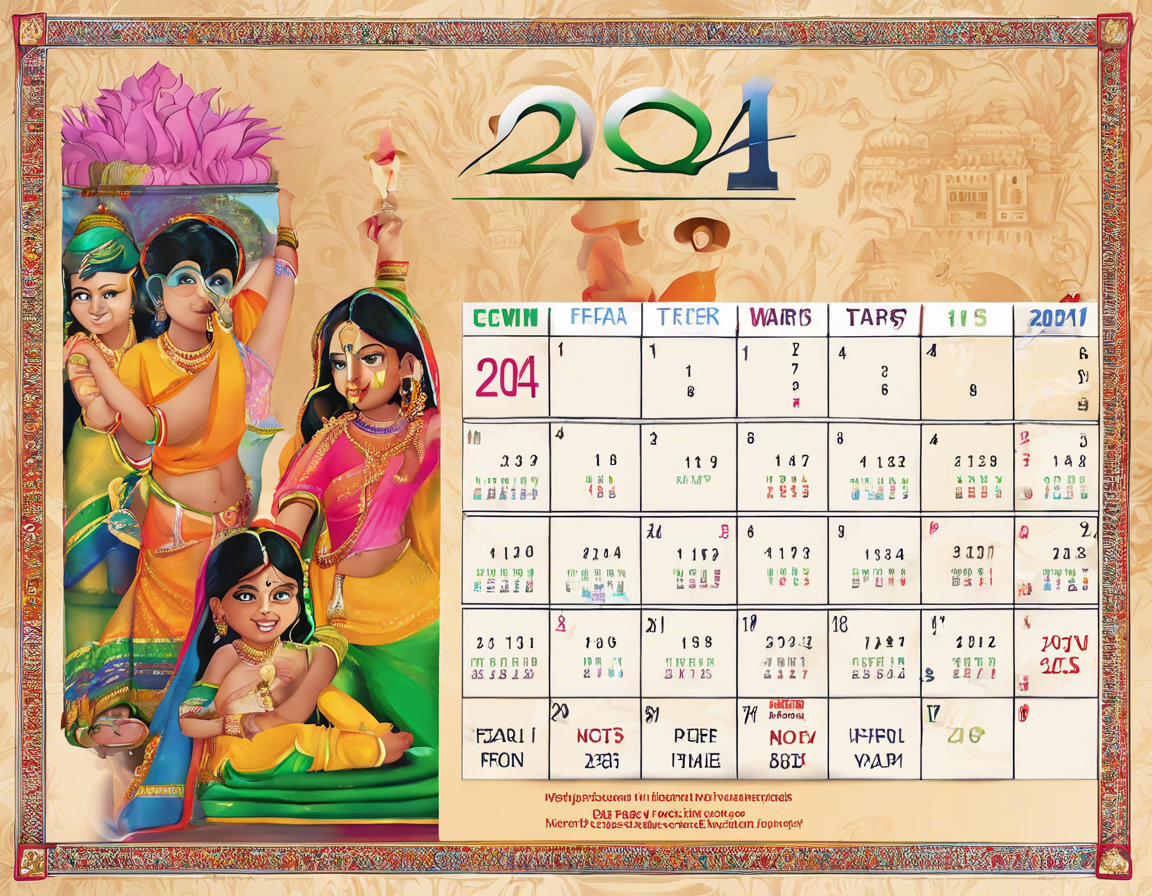

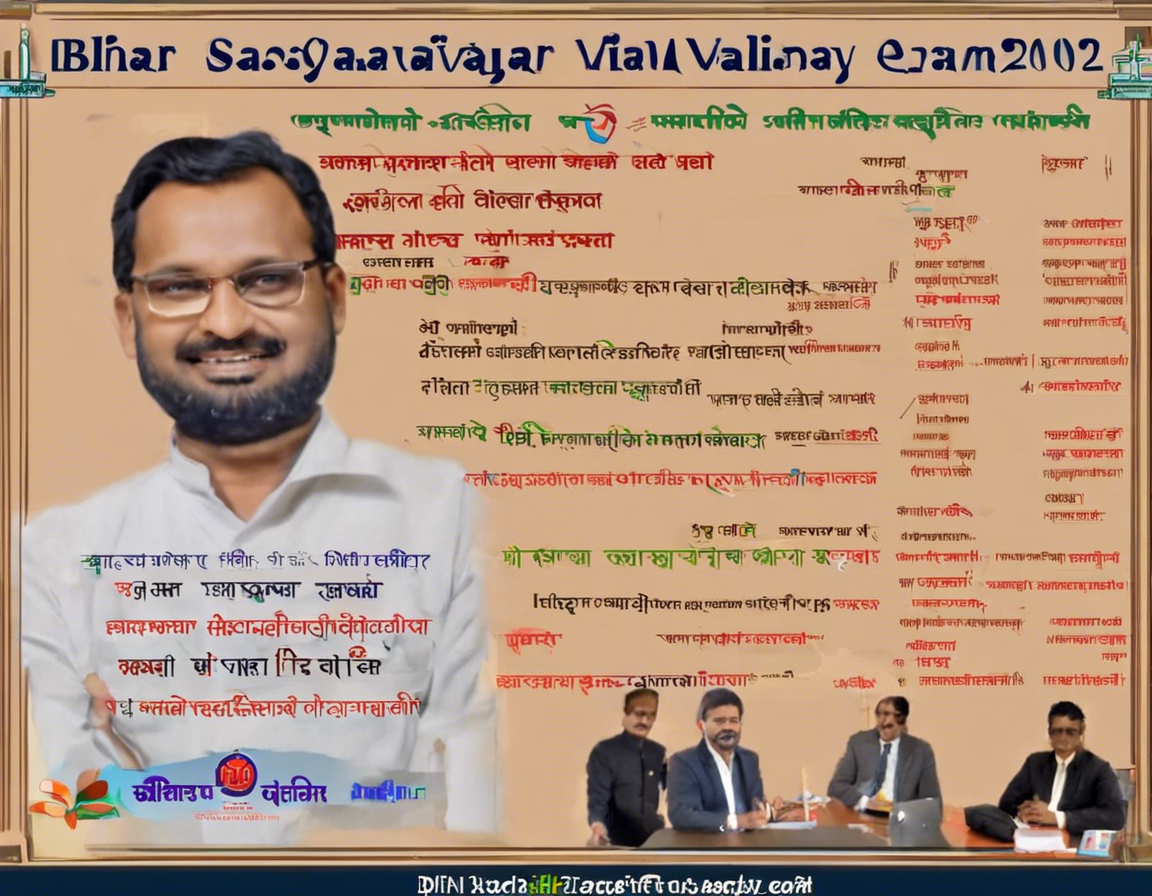
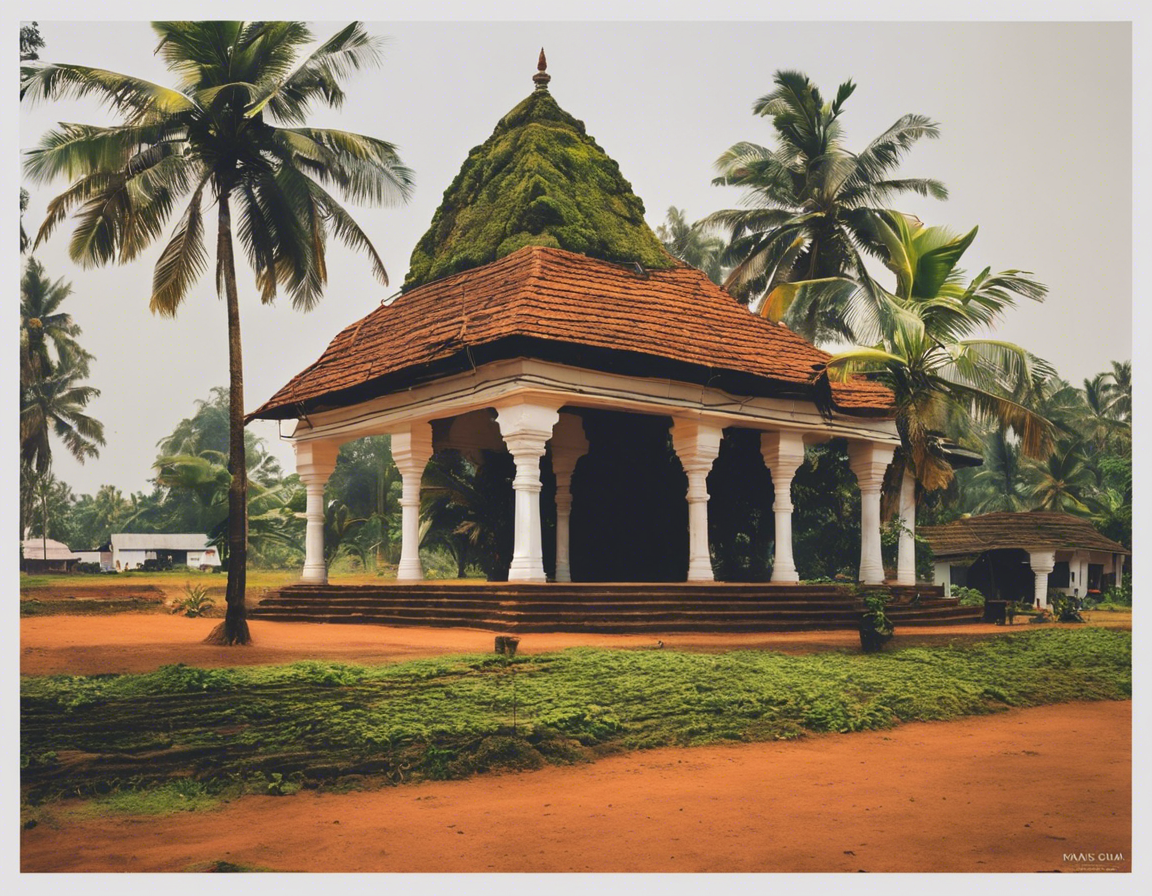

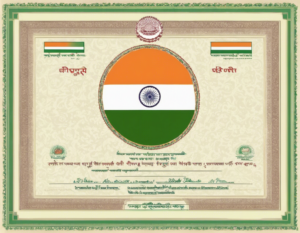


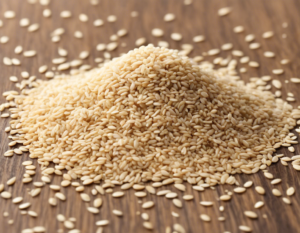

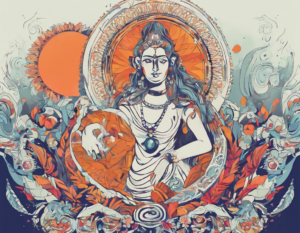

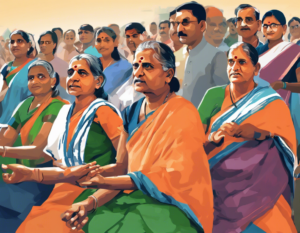

Post Comment